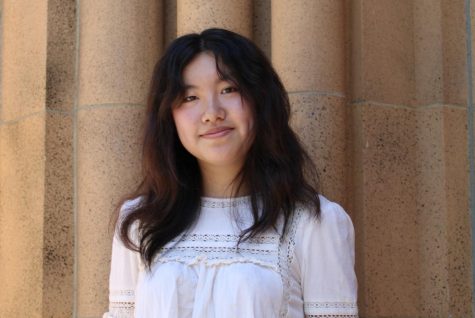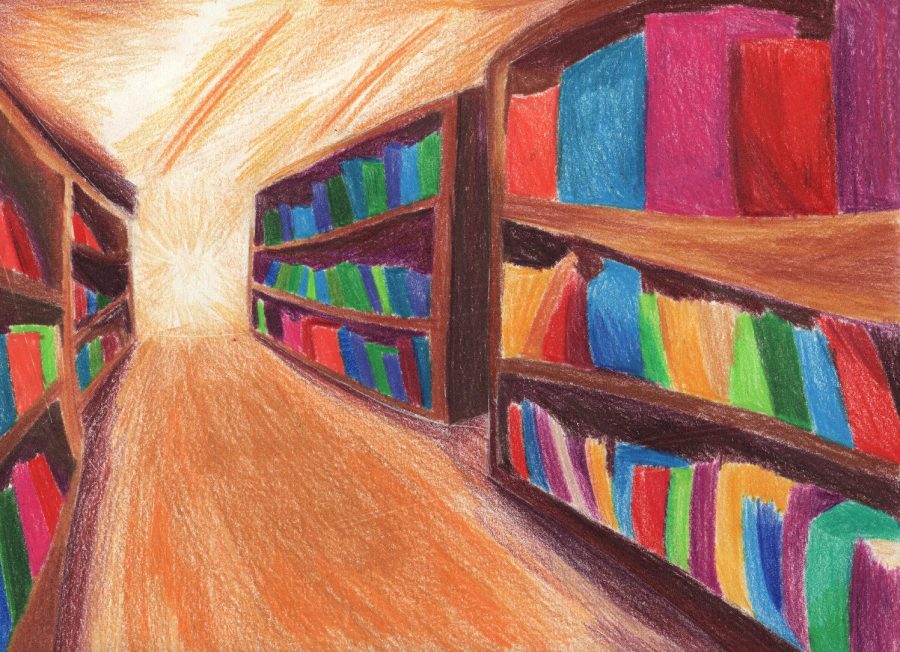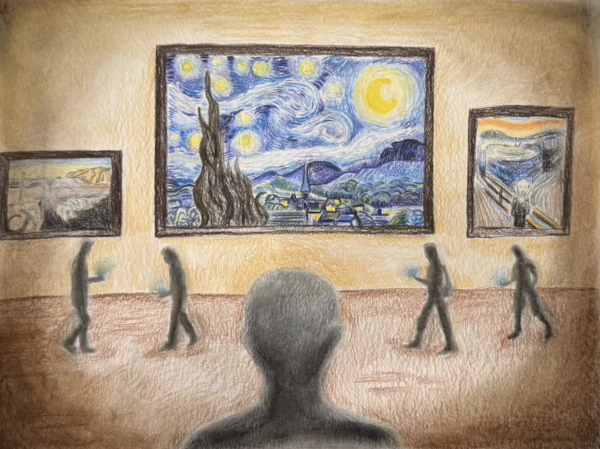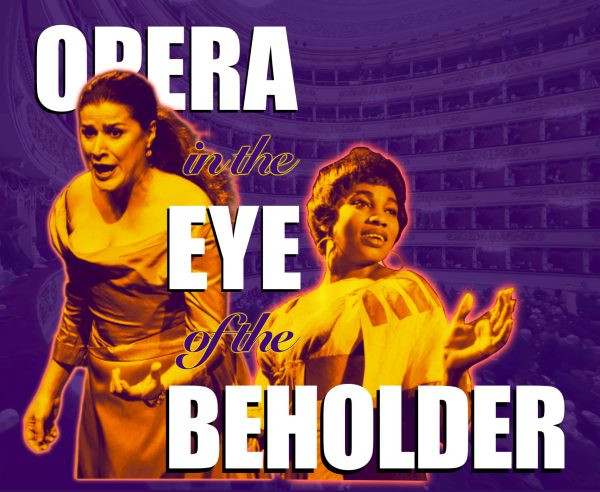Perspective: Self Checkout
Libraries represent more than the chance to check out a book
Last week, I visited my local library. Walking through the automatic entrance doors, past people returning books and people checking them out, I was well aware that public libraries have always been a prime resource for the pursuit of knowledge. Still, in the digital age where most people have computers at home, does the public psyche see libraries that are closely linked with the print book as necessary?
Living in the Information Age is both a blessing and a curse. The computers in our homes show us all sorts of information both real and fake—from alarming opinions and discouraging news about the future of society. Yet, sitting in the library observing people on computers in my line of sight, I was not reminded of the ubiquitous issues present in society but of the beauty of having access to this shared space.
Historically, the purpose of public libraries was to provide essential services to their communities. Nowadays, access to the Internet is no less necessary than access to paper books was in the past. However, if the Internet has the ability to take a person far away from where they exist physically, being at the library had the opposite effect on me: it reminded me of the realness of the people around me. Seeing adults working and children playing around me, I was confronted by the idea that the faces I saw belonged to people who lived in houses next to mine, quietly existing in this space we were sharing.
Libraries are not physical manifestations of some outmoded concept of what learning should entail, invented by people in history. Libraries are and have always been a cornerstone of the community and a reflection of our values. As the needs of the community change and grow, the library grows to reflect that as well. The library I go to has everything from audiobooks and paperbacks and hardcovers and computers to conference rooms for people to meet and study in. Libraries also tend to host a multitude of community events that serve different interests, ranging from storytime for little kids to arts and crafts gatherings, used book sales and assistance with homework. By offering something for everyone, libraries send the message that all people deserve the same opportunities for self-exploration and improvement.
The continued existence of public libraries demonstrates that even now people are willing to provide for their neighbors a safe place where everyone is equal in their pursuit of knowledge. Standing between the rows of bookshelves that I know are open to everyone, I felt reassured that love and respect for others still exists in people, ensuring that beloved human concepts such as compassion and truth remain timeless values. In this cynical time, judgment-free spaces of learning and connection where people can find refuge from worry and shield themselves against misinformation are nothing but necessary.

2021-2022 - Staff Writer
2022-2023 - Managing Editor
I joined C Mag because I love that journalism helps shine a light on issues that need addressing...










![Polynesian Club Performs at the Cultural Celebration Assembly
[Photo Courtesy of Savannah Earley]](https://cmagazine.org/wp-content/uploads/2025/04/PNG-image-600x535.jpeg)